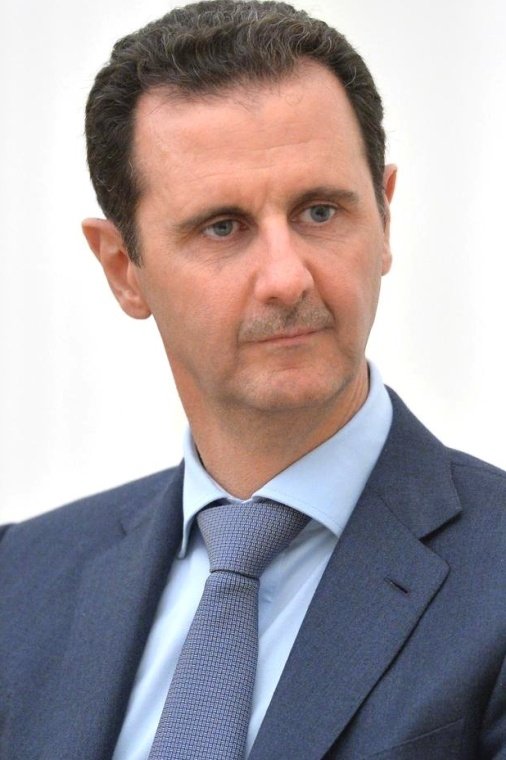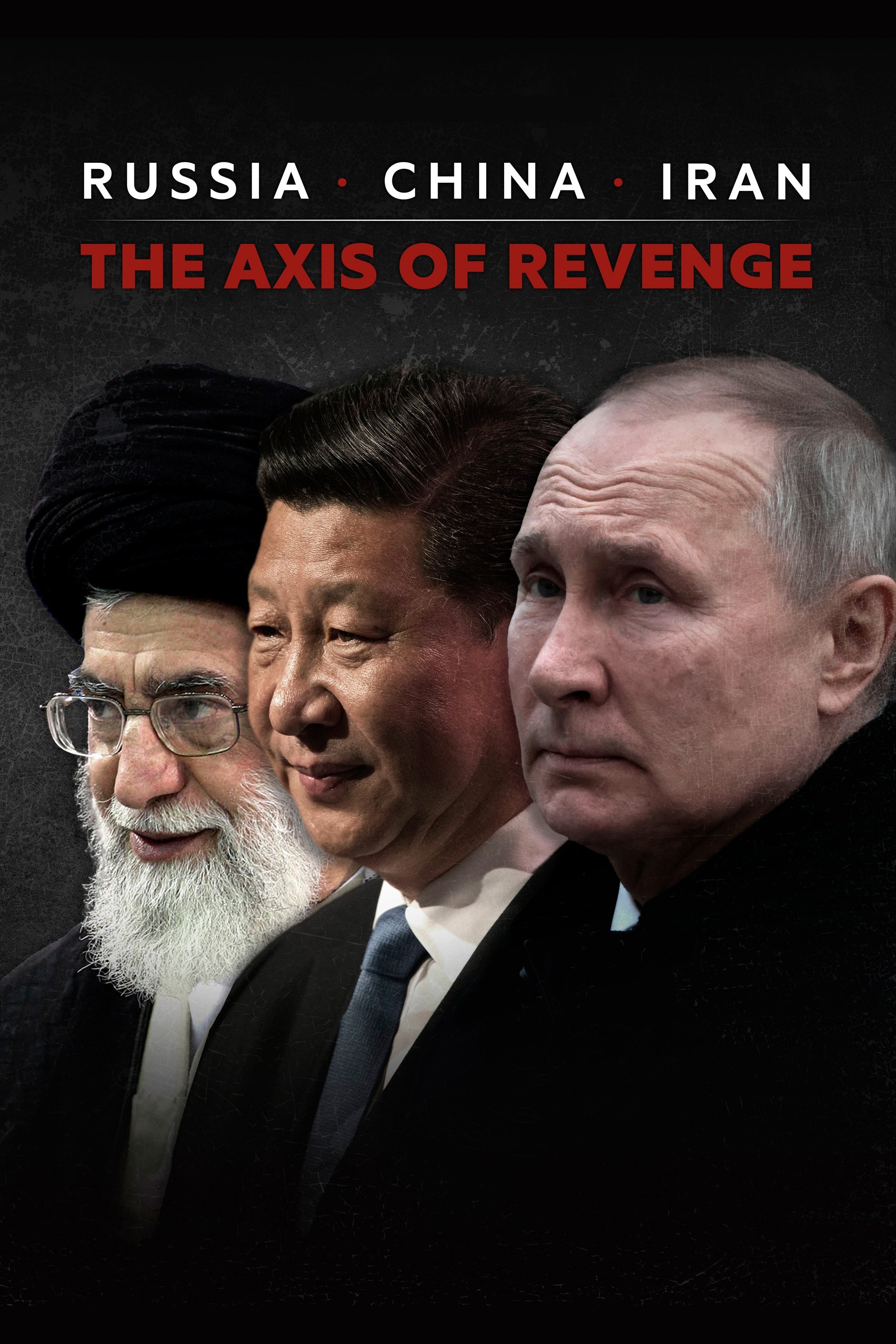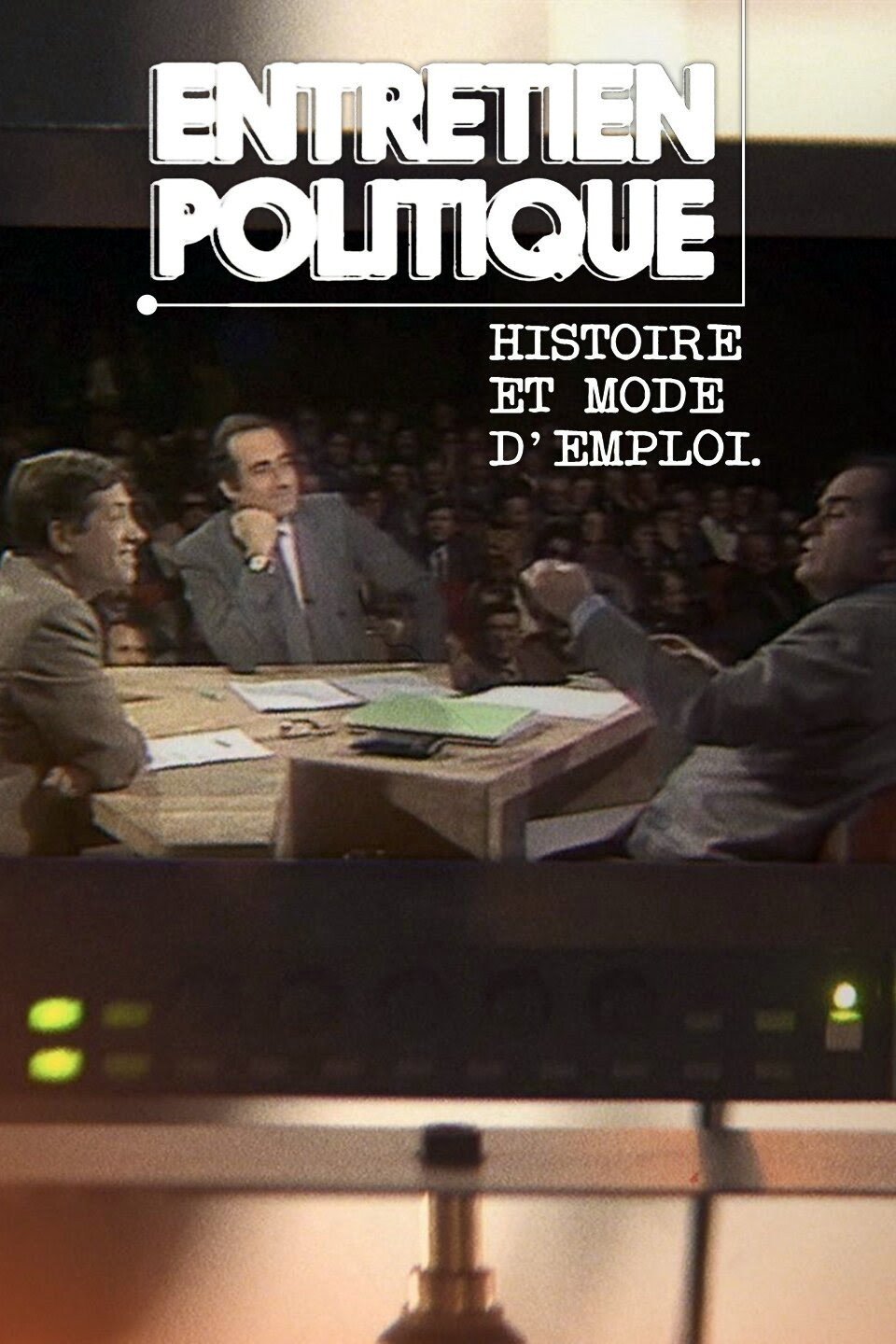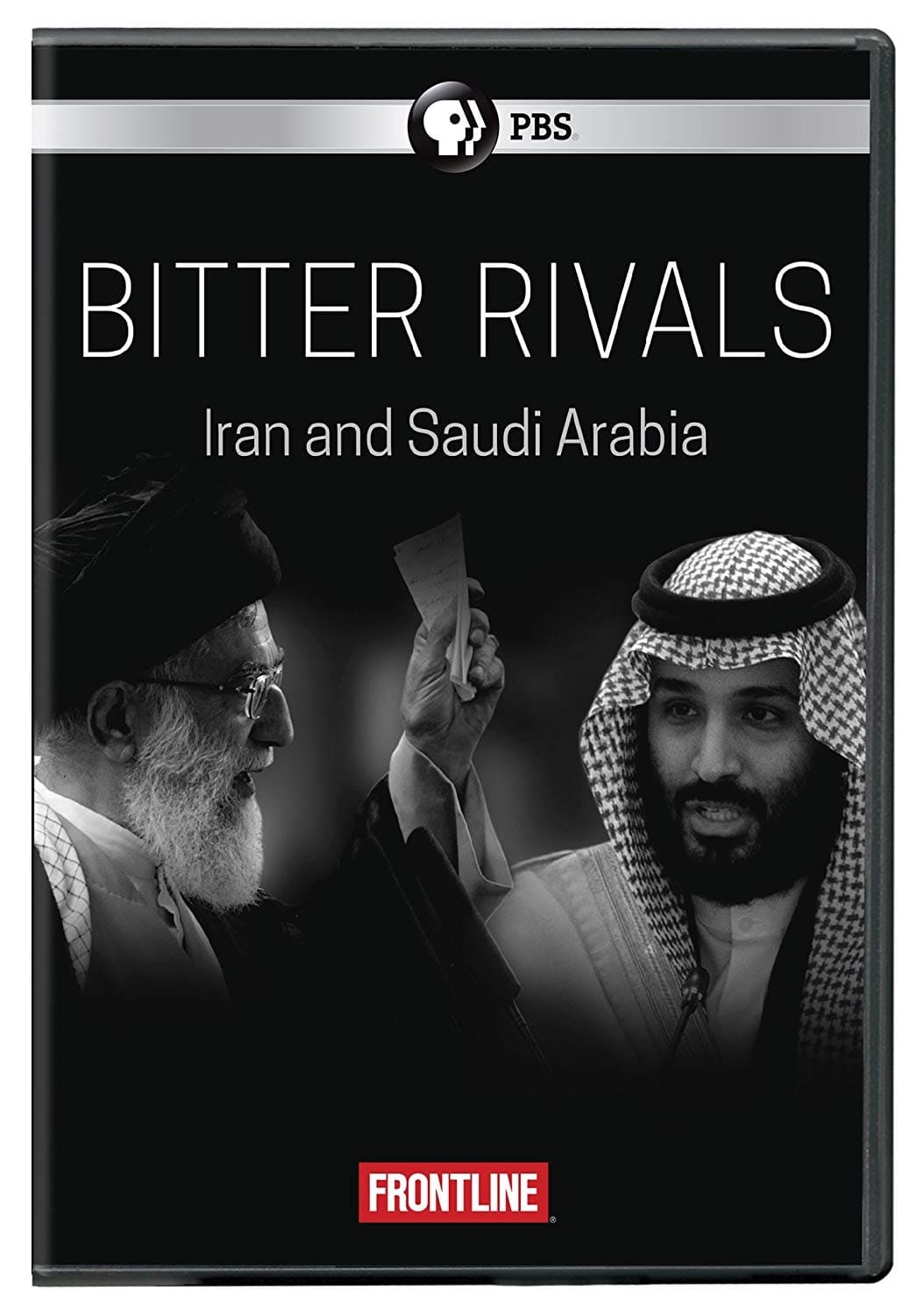

Bashar Hafez al-Assad is a Syrian politician who has been the President of Syria since 17 July 2000. In addition, he is commander-in-chief of the Syrian Armed Forces and Regional Secretary of the Arab Socialist Ba'ath Party's branch in Syria. His father, Hafez al-Assad, was President of Syria from 1971 to 2000.

Russia, China and Iran: three former empires are determined to...


Russian President Vladimir Putin was one of the first politicians...

Bitter Rivals illuminates the essential history - and profound ripple...